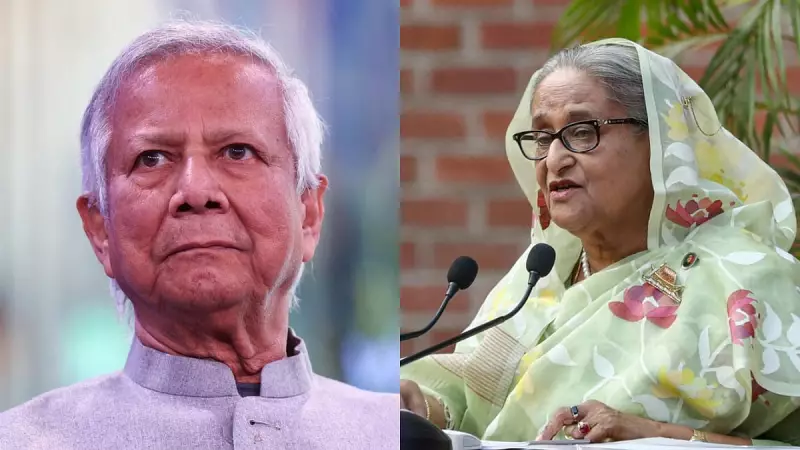
In a significant development in Bangladesh's political landscape, Chief Adviser Muhammad Yunus has publicly endorsed a court verdict against former Prime Minister Sheikh Hasina, emphasizing that the ruling demonstrates that no individual stands above the law.
Court Declares Hasina a Fugitive
The judicial decision marks a pivotal moment in the ongoing political turmoil within Bangladesh. Sheikh Hasina has been officially declared a fugitive by the court, a status that carries substantial legal implications. This declaration came after she failed to appear before the judicial authorities to face the charges brought against her.
The situation escalated when Hasina fled Bangladesh on August 5 last year. Her departure was not a quiet exit; it occurred against the backdrop of massive and widespread protests that had engulfed the nation, creating a volatile political environment.
Current Whereabouts and Broader Implications
Since her abrupt departure, Sheikh Hasina has been residing in India, where she sought refuge. Her relocation to the neighboring country has added a complex diplomatic dimension to the ongoing legal and political proceedings.
Interestingly, Hasina is not the only prominent figure believed to have crossed the border. Kamal, another key individual connected to the case, is also suspected to be in India, though specific details about his location and status remain unconfirmed by official sources.
Political Repercussions and Legal Standing
The public endorsement of the court's verdict by Muhammad Yunus, a figure of significant influence, underscores the gravity of the situation. His statement that "no one is above the law" serves as a powerful reminder of the principle of legal accountability, even for the highest-ranking officials.
This case continues to unfold, with observers closely watching how it will affect Bangladesh's domestic politics and its international relations, particularly with India. The final outcome could set a crucial precedent for governance and justice in the region.






